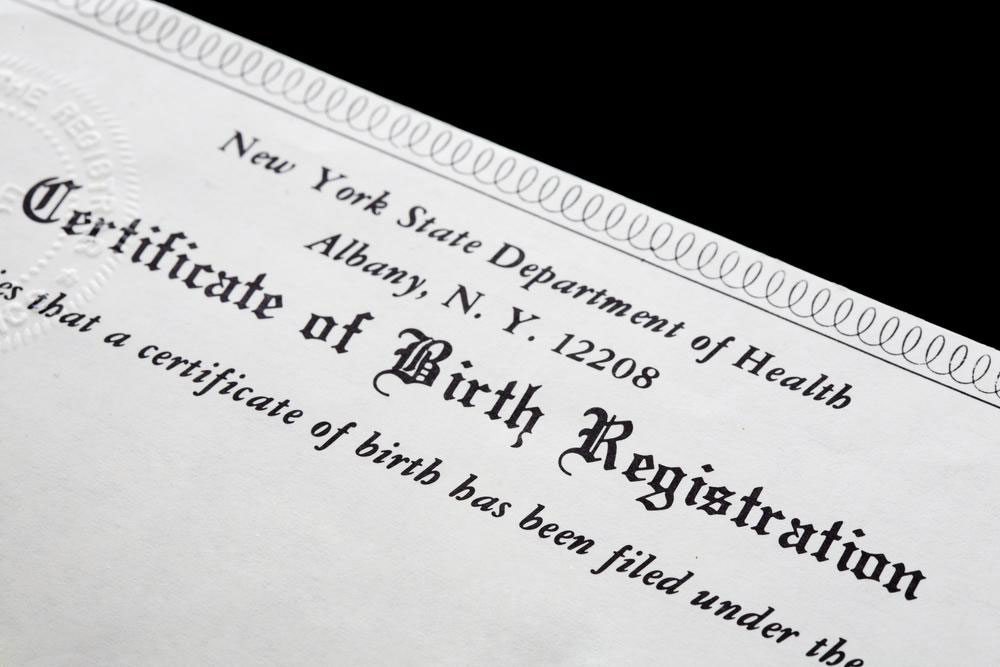Effective Techniques for Tracing Your Family Ancestry and Heritage
Discover comprehensive strategies for tracing your family heritage, including engaging relatives, organizing research, exploring home archives, and utilizing professional resources. This guide helps you uncover your roots and build a detailed family tree that preserves your family’s history for future generations.

Effective Techniques for Tracing Your Family Ancestry and Heritage
Embarking on a journey to uncover your family’s history is an enriching experience that combines history, personal discovery, and cultural heritage. Tracing your ancestral roots allows you to understand where you come from, connect with your heritage, and preserve family stories for future generations. This process can seem daunting initially, but with the right strategies, it becomes an exciting adventure filled with fascinating discoveries. Exploring your lineage involves a combination of historical research, interviews with relatives, and meticulous organization of information. In this comprehensive guide, we will delve into multiple effective techniques to help you successfully trace your family heritage and build a detailed family tree that spans generations.
Understanding your roots starts with simple steps such as talking to relatives and examining old documents. As you progress, utilizing modern technology and expert assistance can significantly expand your search. The journey to uncovering your genealogy is both personal and rewarding, offering insights into your identity and history. Whether you are a novice researcher or seasoned genealogist, these strategies will assist you in making meaningful progress on your family history quest.
Engage in Conversations with Family Members
One of the most valuable steps in genealogy research is interviewing your relatives, especially elders who possess firsthand knowledge about family stories and historical records. Their memories and personal anecdotes can provide significant clues about your ancestors’ lives, origins, and migrations. Make a list of targeted questions about family traditions, origins, and notable events. Record their stories for future reference and review old photographs, letters, and documents they might have preserved. Engaging with family members not only uncovers important information but also strengthens family bonds and keeps heritage alive for younger generations.
Maintain a Systematic Organization of Research Data
As you gather information from different sources, it's crucial to stay organized. Utilize digital tools such as genealogy software or online databases like Ancestry.com, FamilySearch, or MyHeritage to catalog your findings. These platforms allow you to upload documents, store images, and create detailed family trees easily accessible from any device. Keeping thorough records helps prevent duplication, loss of data, and allows for efficient cross-referencing. Employing a consistent method for documenting sources ensures your research can be verified or expanded upon in the future.
Investigate Personal and Home Archives
Many family treasures and clues to your heritage are hidden within your home—stored away in attics, trunks, or old boxes. Search through photographs, letters, diaries, and memorabilia that your ancestors might have kept. These items often contain valuable information such as birthplace details, family origins, and historical context. To supplement your efforts, consider hiring professional genealogists who specialize in home research—they can meticulously examine your belongings, analyze historical data, and uncover crucial details that might otherwise be overlooked. These specialists have access to resources and expertise that enhance your chances of making significant breakthroughs.
Embarking on the journey of genealogy research offers countless surprises: old family secrets, unfamiliar origins, or connections to historical events. Persistence and patience are key—your family’s unique story is waiting to be discovered, and each discovery enriches your understanding of who you are. Remember, every small step brings you closer to a comprehensive family history, preserving your heritage for generations to come.





